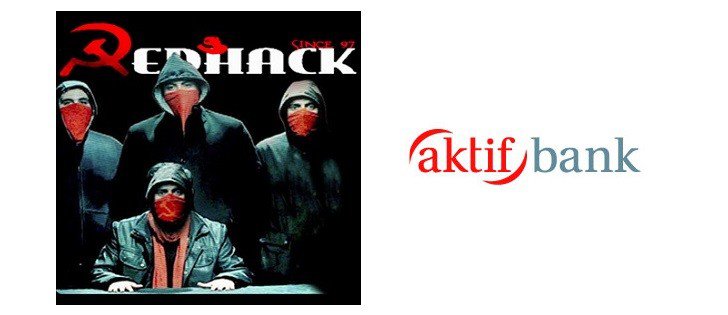The recently introduced system relies on special cards that are mandatory for all those who want to attend soccer games.
There are two main problems. One of them is the fact that the government can keep a close eye on all those who own these cards. Since soccer fans are known for being involved in protests, authorities can monitor those who chant anti-government slogans at games.
That’s because when the tickets are acquired, the purchaser must provide personal information. In addition, the ticketing system shows where each individual is seated.
The second problem is that for each purchased ticket, the bank gets a commission. The bank gets to make money directly, while it can also identify potential customers, critics argue.
The government says that the system will help reduce violence on stadiums, but people are not convinced that this is the only purpose. While the hacktivists say they don’t have any evidence to prove that the system will be misused, they don’t want to take any chances.
They highlight the fact that when Turkey introduced the new Internet law, officials promised that it would not be used for censorship. Recent events have demonstrated that the government hasn’t kept its promise, the hackers told me.
Now, the supporters of the e-ticketing system say that it will not be used for surveillance, but activists and sports fans don’t trust them, and for good reason.
In addition to breaching the bank’s systems, RedHack has also launched a distributed denial-of-service attack against its website.

